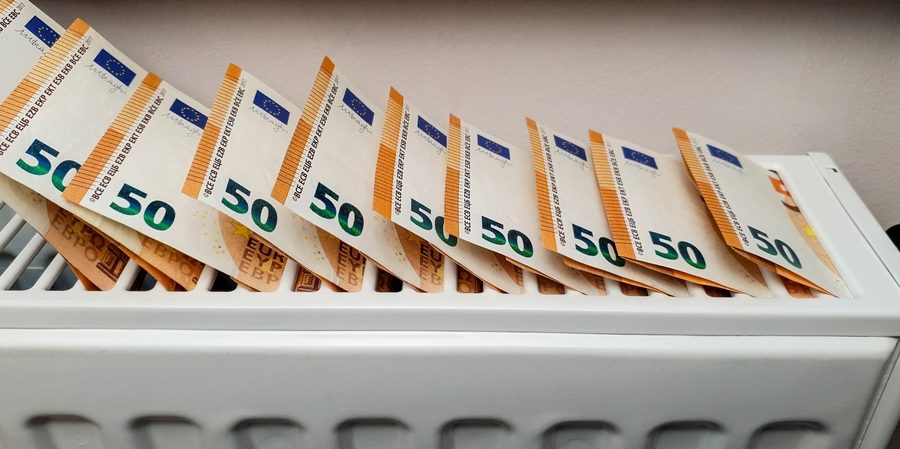
Energy transition in the building sector: Attracting women professionals
24 July 2024
Take part in the Chair’s Green Finance Challenge with HSBC Continental Europe!
28 August 2024By Elin ADOLFSSON, Margherita CAMURRI, Adrian GAGU, Dafina MARASHI, Kira PAKARINEN
Abstract
Energy poverty has become a significant concern in policymaking, with energy efficiency measures recognized as key solutions to ensure a just transition. Notably, the 2023 EU Energy Efficiency Directive recast mandates a share of the Member States’ obligated energy savings to be made in vulnerable households, which requires the involvement of energy utility companies. While current literature shows that utility companies are uniquely positioned to address energy poverty, there is a significant research gap on their concrete role. This study aims to address this gap by exploring to what extent utilities in the EU27 and UK have set up energy efficiency support schemes targeted to vulnerable consumers. By conducting semi-structured interviews with experts combined with comprehensive desk research, 24 utilities in 11 countries were found to act on energy poverty through supporting energy efficiency measures. Utilities active in France, Ireland and the UK have been identified as frontrunners, supported by their governments that have set sub-targets for vulnerable households within their energy efficiency obligation schemes. Conclusively, our findings show that while certain utilities present best practices, overall utility action on energy poverty is still heavily reliant on government support and struggles to effectively reach vulnerable households.


